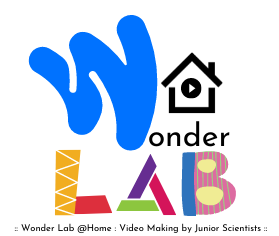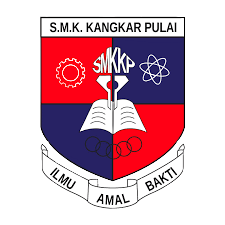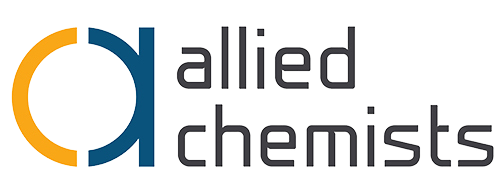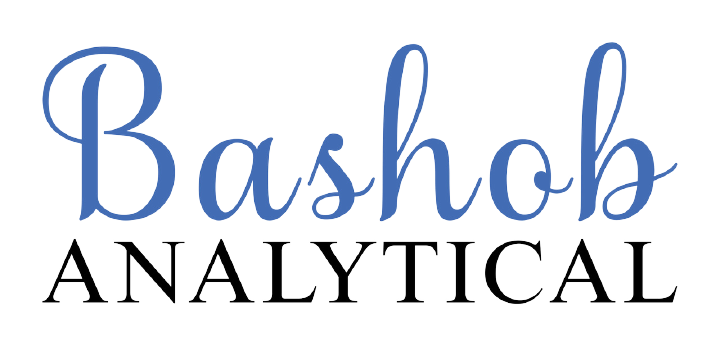


Programme Background
Science is a very important subject in the school curriculum. Science related knowledge will assist students in the development of logical and critical thinking. In order to achieve good science development in Malaysia, it is important to make students aware of the importance of science from the early stages of schooling. The science curriculum at the school level is developed with the intention of producing a balanced human being in terms of physical, emotional, spiritual and social as stated in the National Education Philosophy. The science skills process prioritizes discovery and problem-solving inquiry methods, scientific skills and thinking skills. Skills in experimenting is the process of planning and conducting an investigation to test a hypothesis, collect data, interpret the data until a conclusion is obtained from the investigation.
In this year, Centre for Sustainable Nanomaterials (CSNano), Universiti Teknologi Malaysia (UTM) as a well-known science research centre in Malaysia, takes the initiative to organize a CSR program entitled “Wonder Lab at Home: Video Making by Junior Scientists”. CSNano is working closely with the Science and Mathematics Association, Sekolah Menengah Kebangsaan Kangkar Pulai, Johor in organizing this program as a measure to provide exposure and to improve students’ skills for preparation and presentation in the form of videos for science experiments that are carried out in the school. This program also aims to develop the creativity and talent of students to further exploring in science experiments. This program will provide benefits not only to improve student learning performance, but also to improve schools’ performance and education in Johor. In addition, this program is also important to increase the number of students who are interested in science and technology for the development of our country.
This programme will involve the participation of secondary school students in Johor. A short course involving talks and workshops that will be delivered by our postgraduate students who will be a ‘role model’ to the participants to continue their studies at the university level. In addition, to ensure the effectiveness of this organized program, a video preparation competition will be held after the workshop. The program will provide a great opportunity to about 160 high school students in generating and developing their ideas and creativity in the preparation and presentation of videos for science experiments carried out in school. The use of video that integrates audio, text, pictures, and animation can stimulate students to better understand the science experiments conducted.
This programme is sponsored by




